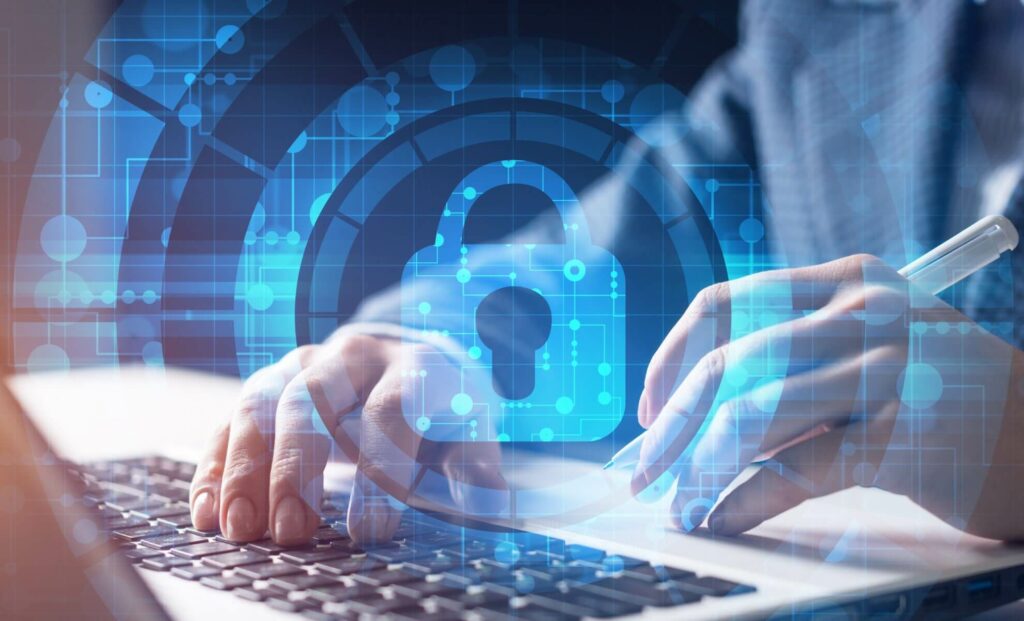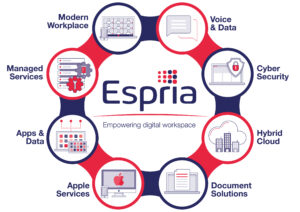Although rapid deployment of remote working infrastructure, tools and software may have succeeded in supporting staff working from home during the pandemic, many organisations have suddenly been hit with the harsh reality that they actually failed to create a ‘cyber safe’ environment. In fact, it could be argued that the acceleration of digital transformation has, in turn, resulted in gaps, weak spots and lowered cyber defences.
Malicious actors are continually adjusting tactics to exploit the most vulnerable targets, and during the pandemic gateways to new forms of data theft were opening in every direction. Each new VPN became an internet-exposed attack surface, and every piece of video-conferencing software posed new security risks. In fact, between the period of February and May 2020, the personal data of more than 500,000 video conferencing users were stolen and sold on the dark web.
Attackers have been able to ‘Zoombomb’ online meetings, access sensitive information on unpatched devices and breach security software that haven’t been properly configured. Statistica states that during the first half of 2022, there were a staggering 236.1 million ransomware attacks worldwide. This came at a time when many companies were storing personal information and sensitive documents in the cloud for the first time.
Of course, as an industry, we are fighting back to offer improved cyber security and cyber resilience. This has meant we are seeing increasing layer protection across all devices, applications, networks, and systems to keep data safe and ensure there’s the right levels of capacity and capability to detect, respond and recover from emerging threats and vulnerabilities.

Security experts are developing cutting-edge detection and interception technologies using automation and machine learning. This has the capability to transform cyber security in the near future. The downside? Criminals have access to the same technology, but with very different plans.
Robust technology defences are a must to protect your business, but many of the recent attacks are targeted at your people, not your systems. This is backed up by the fact that 61% of all breaches involve user credentials. A new phenomenon has bred, as a result, the digital identity crisis, a world that involves hackers logging in with the company keys.
Social engineering techniques depend on human error to provide access to valuable data and systems. Unsuspecting users are targeted on and offline with increasingly convincing phishing and vishing scams. And they are often successful because humans can be the weakest link in the security chain.
Add to that the increased interruptions and distractions many have experienced – and still do – when working from home, along with the isolation from team members which increases stress levels for others. Your employee’s focus only needs to slip for a moment to open the door to a malicious actor.
Your staff know this, and they feel vulnerable. This is upheld by the fact that 32% have noticed an increase in speculative criminal activity, and 19% of people working from home don’t feel they have the skills and training to stay safe.
As businesses, we know the cyber hygiene processes that should be followed to maintain the health and safety of our networks and data, and the lapses exploited during the pandemic have been a reminder that these simple but critical precautions can’t be rushed, delayed or overlooked.
For example, patches and updates should be applied rapidly, backups should take place regularly, and firewalls and security software should be properly configured. Access privileges should be reviewed, incident response plans should be updated, and security awareness training should be comprehensive and ongoing.
The complex environment created by mass remote working has turned every server, device, application and employee into a potential attack vector. But those aren’t the only risks associated with your revenue stream.
In an increasingly connected business landscape, the security effectiveness of every partner and supplier should be considered. In one survey, 88% of respondents are concerned about the cyber resilience of SMEs in their supply chain. Thereby, it’s no longer just about closing the security gaps to protect yourself from financial, legal and reputational damage – if you can’t prove high levels of detection and protection, you could be considered an unmitigated risk, and lose out to someone who can.

